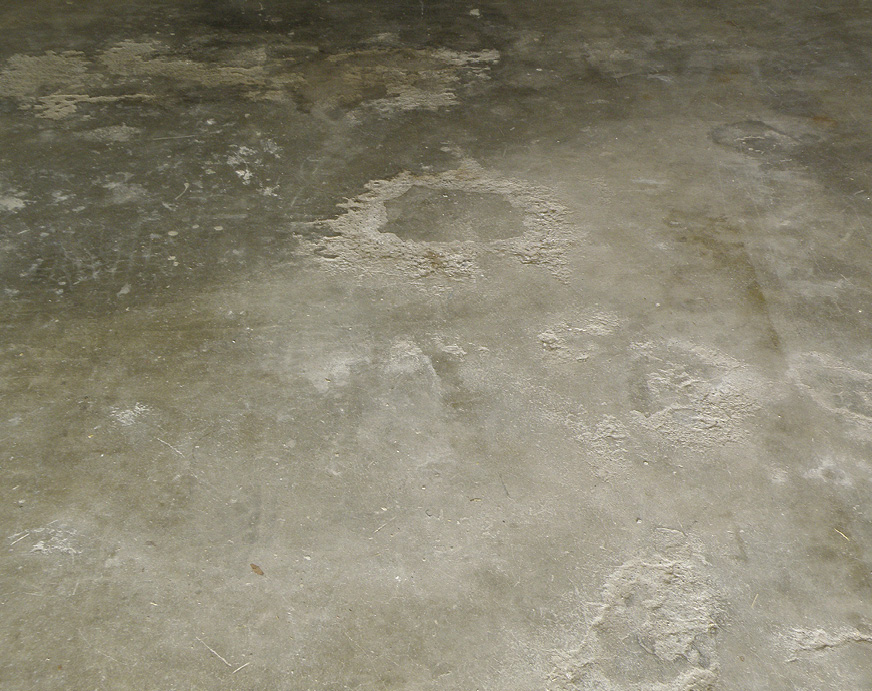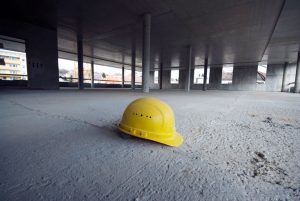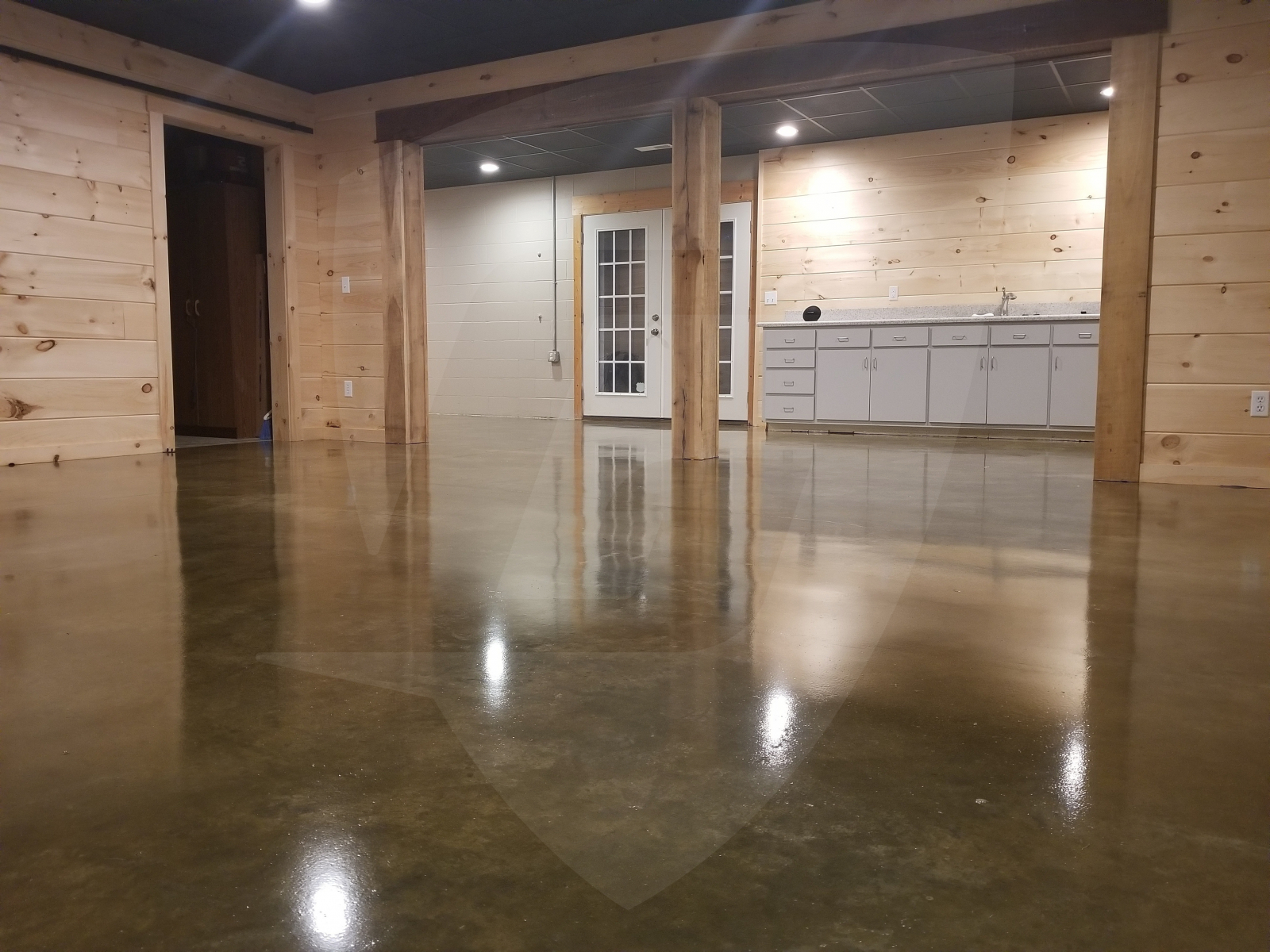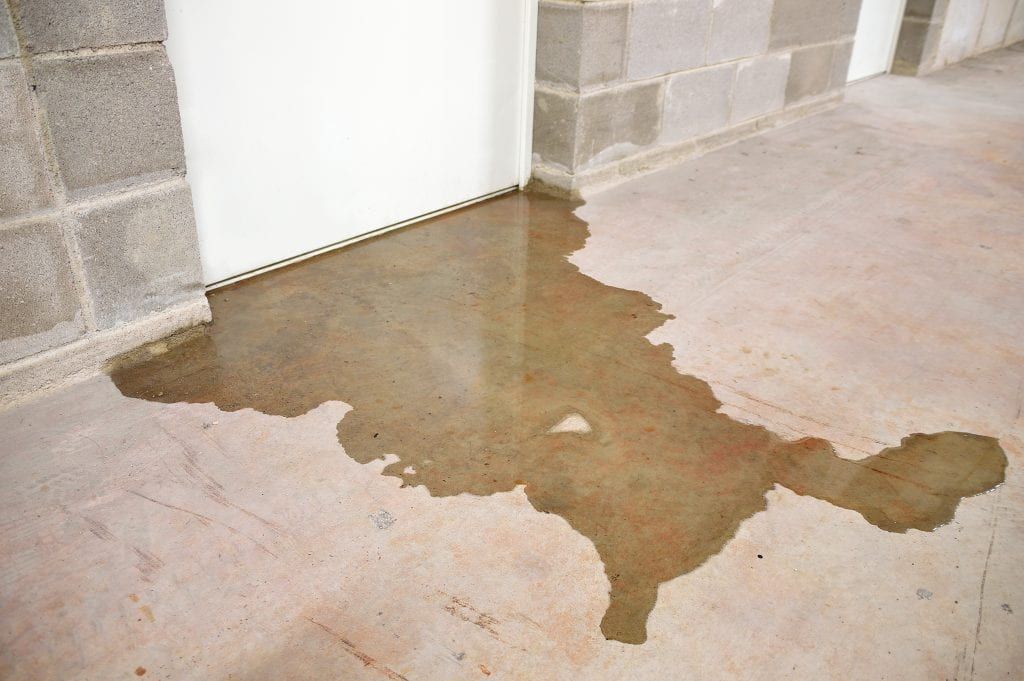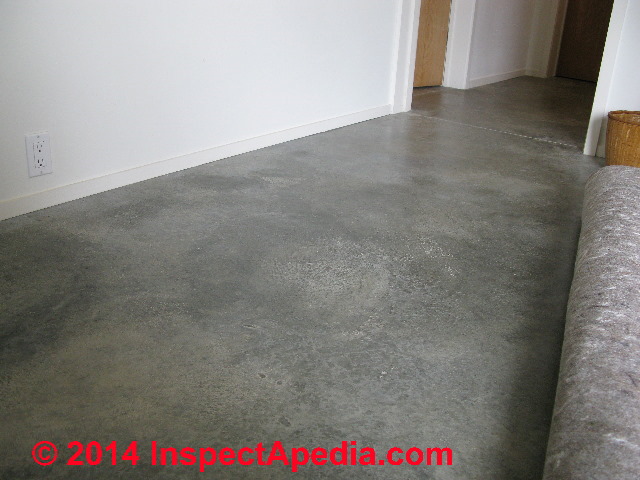Why Does My Concrete Floor Sweat In Humidity

The concrete mix itself in the event the slab is insufficiently cured or is otherwise holding moisture.
Why does my concrete floor sweat in humidity. Why does my concrete floor sweat. When the air with water vapors enters your house through windows doors or vents and comes in contact with the cold tile floors the air rapidly cools and condenses on the surface causing the wetness if nothing is done about the condensation the concrete slab becomes darker. This usually happens when concrete slabs and the other materials that sweat reach dew point temperature. For most floors condensation is the main reason for the sweating especially in warm weather.
Humidity warm and humid air condenses into surface moisture when it comes into contact with the cool surface of your concrete floor or slab. Usually warm moist air and relative humidity enter the structure through the several openings windows doorways and vents. Why floors sweat for most floors condensation is the main reason for the sweating especially in warm weather. Causes of surface dampness on concrete slabs and garage floors.
When warm humid air from outside comes into contact with the cold concrete the air rapidly cools and condenses on the surface causing the wetness. Concrete sweating usually occurs when warm air comes into contact with a cooler concrete slab and it causes the concrete floor to sweat. As the concrete surface is at dew point the moisture of the air tends to condense on the concrete surface where it is not readily absorbed and form water droplets on the surface thus leading to concrete sweating. Continue reading to learn how to stop concrete sweating.
Why tile floors sweat. After a humid night water vapor in the air will come into contact with the cooler concrete floor and will condense into morning dew. Moisture as you would guess is the underlying cause of sweating on concrete floor slabs. Faulty missing vapor barrier moisture from the ground can seep up and surface through the concrete if no vapor barrier has been installed or is faulty.
If you have concrete in your home that routinely appears to be wet or feels damp then you may have sweating slab syndrome. This is not actually a problem with the construction however but an issue that can often be controlled or eliminated by changing the upkeep of the area and in some cases the controlled climate conditions.


